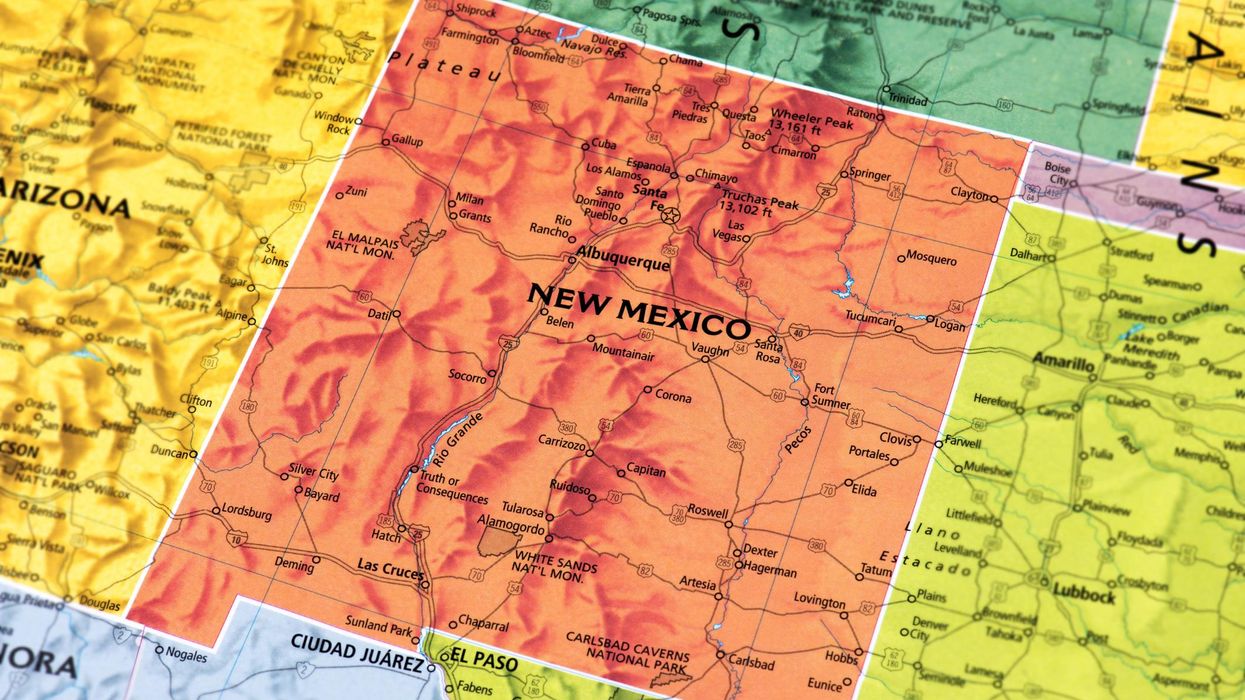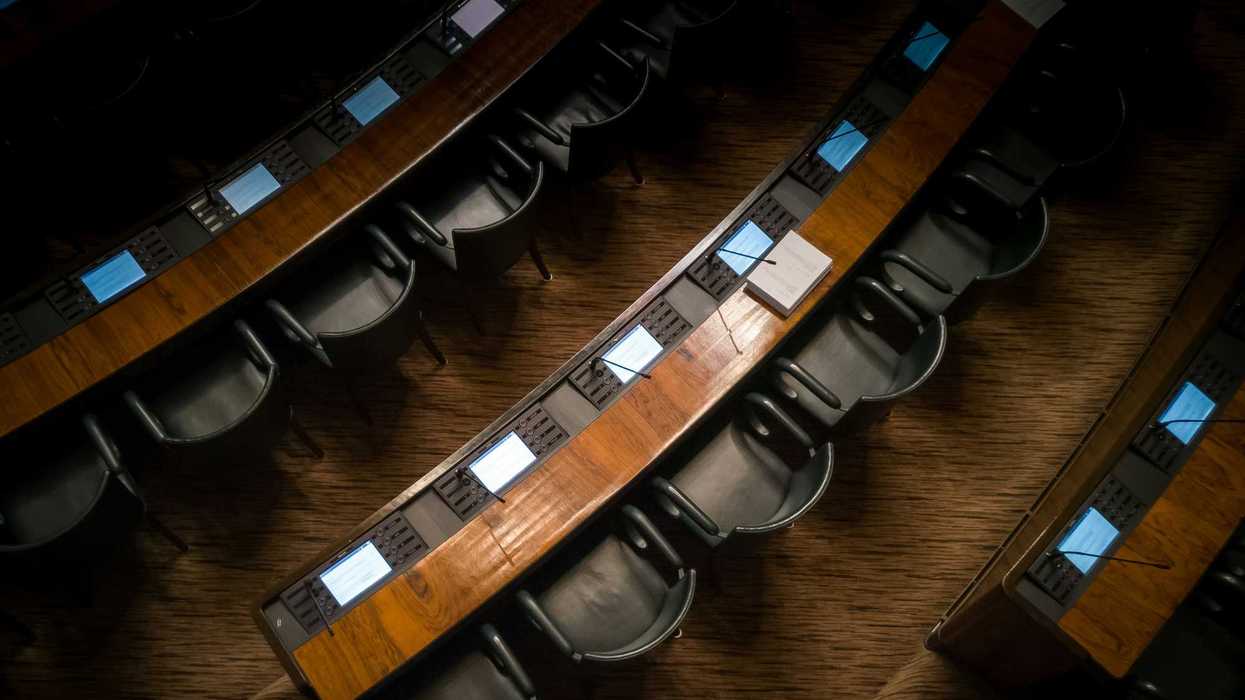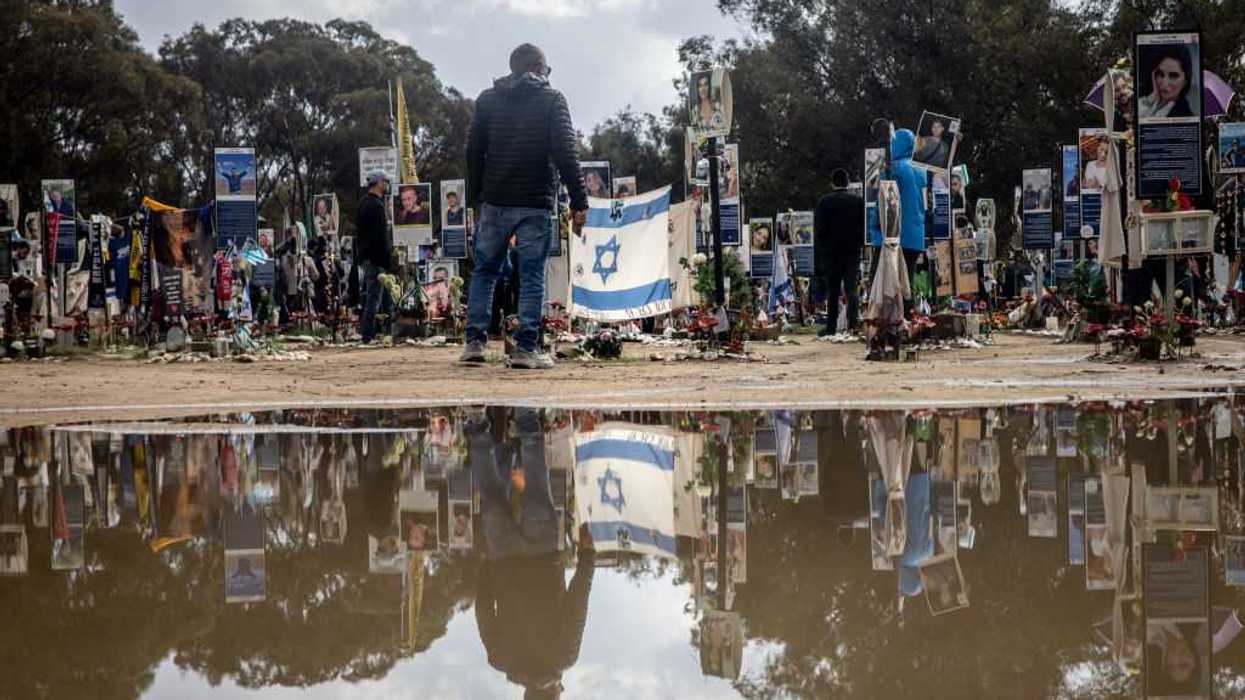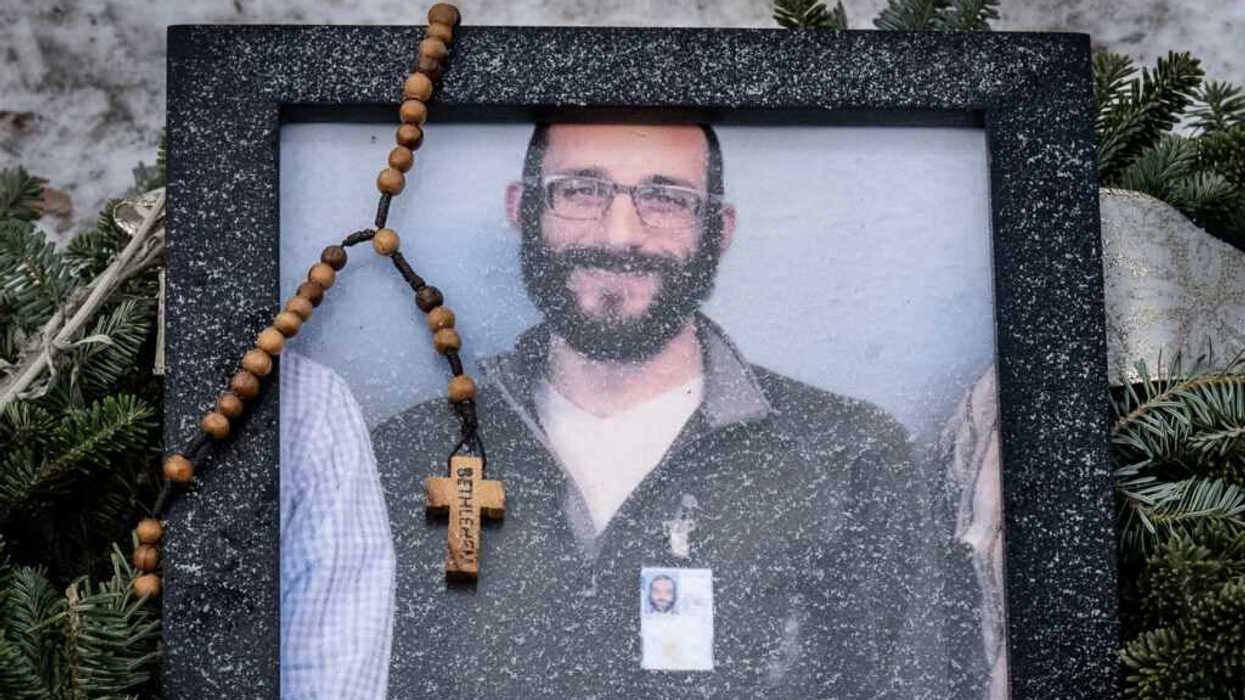In a state like New Mexico — with single-party control of government and no independent redistricting commission — gerrymandering is almost a foregone conclusion. But a newly passed bill aims to curb partisan manipulation of election maps in the Land of Enchantment.
In the early hours of Saturday, the last day of New Mexico's legislative session, lawmakers gave final approval to an advisory redistricting commission. Although the measure is not as potent as reform advocates wanted, it could open the door for more comprehensive changes later on.
States are awaiting the final, delayed numbers from the 2020 census so they can begin the redistricting process in time for the next round of elections. Twenty-one states will have Republicans controlling the process, while nine, including New Mexico, will have Democrats in charge. The remaining 20 states either have a divided government or some type of fully independent redistricting commission.
Pieces of several competing redistricting measures were merged together at the last minute as Democrats and Republicans worked out a compromise bill, which passed with near unanimous agreement. The measure creates a seven-member commission that will draft election maps for the Legislature to consider and amend before sending to the governor for final approval.
When the legislative session began in January, reform advocates had hoped to pry redistricting matters out of lawmakers' hands completely and hand it over to a truly independent commission. Earlier versions of the measure would have barred lawmakers from making amendments to the commission's proposed election maps.
That effort was shot down, however, because some lawmakers claimed preventing their amendments would violate the state constitution. As a result, a more diluted version of the redistricting measure that allows legislators to make changes ultimately moved forward.
While the end result was not everything redistricting reform advocates wanted, they are celebrating the parts of the bill that will make the process more fair and transparent.
"The passage of SB 304 is just the beginning of the end. We have to remain vigilant throughout the whole process to assure that we deliver fair district maps that will make New Mexico proud," said Dick Mason, project manager for Fair Districts for New Mexico.
At the very least, New Mexicans wanted to avoid another disastrous and expensive redistricting process like the one a decade ago. In 2010, the Legislature (controlled by Democrats) and GOP Gov. Susana Martinez couldn't come to an agreement on election maps, so the issue had to be settled in federal court — costing taxpayers $7 million in legal fees.
Now, with a Democratic governor and Legislature, this partisan disagreement is not as much of a concern, and the inaugural redistricting commission should help keep map disputes away from the courts.
Additionally, the approved legislation sets far more rigorous standards for election maps than was previously allowed. Most importantly, it limits the use of partisan data — such as voting history and party registration information — that makes maps less competitive and more favorable to incumbents.
The measure also explicitly states that the boundaries of Native American tribal lands must be recognized during the process. Historically, gerrymandering has taken a severe toll on Native Americans, who make up 11 percent of New Mexico's total population.
To bolster transparency around a process that in the past took place mostly behind closed doors, the redistricting commission must hold at least six meetings that are accessible online and allow for public participation. Map proposals must also be made available for public comment.
Ed Chavez, co-chair of the state's Redistricting Task Force and retired chief justice of the state Supreme Court, called the bill "groundbreaking."
"This will be the first time that a citizen group will drive the process instead of lawmakers. The public's participation will help ensure that, in the long-term, voters have a fair and equal opportunity to select representatives of their choice," he said.
The bill now goes to Democratic Gov. Michelle Lujan Grisham, who is expected to sign it. Once enacted, the state has until July 1 to form the commission.
The majority and minority leadership in the state House and Senate will appoint four of the seven members on the redistricting commission. The State Ethics Commission will select two more members, who cannot be registered Republicans or Democrats, and the chairperson, who must be a retired state Supreme Court justice or appeals court judge.
New Mexico's commission will then work to send map proposals to the Legislature by the end of October. Commissioners will draft three plans for the state's three congressional districts, the state House, the state Senate and the Public Education Commission. The Legislature will then enter a special session to consider the maps and vote on which ones to send to Lujan Grisham for final approval and adoption.
While New Mexico's commission is not the gold standard, it does closely resemble panels used in other blue states like Maine and Rhode Island. In those states, the redistricting commission guides the process, but allows lawmakers to make modifications. Reform advocates prefer commissions that are more independent and authoritative, such as the versions used in California or Michigan.





















